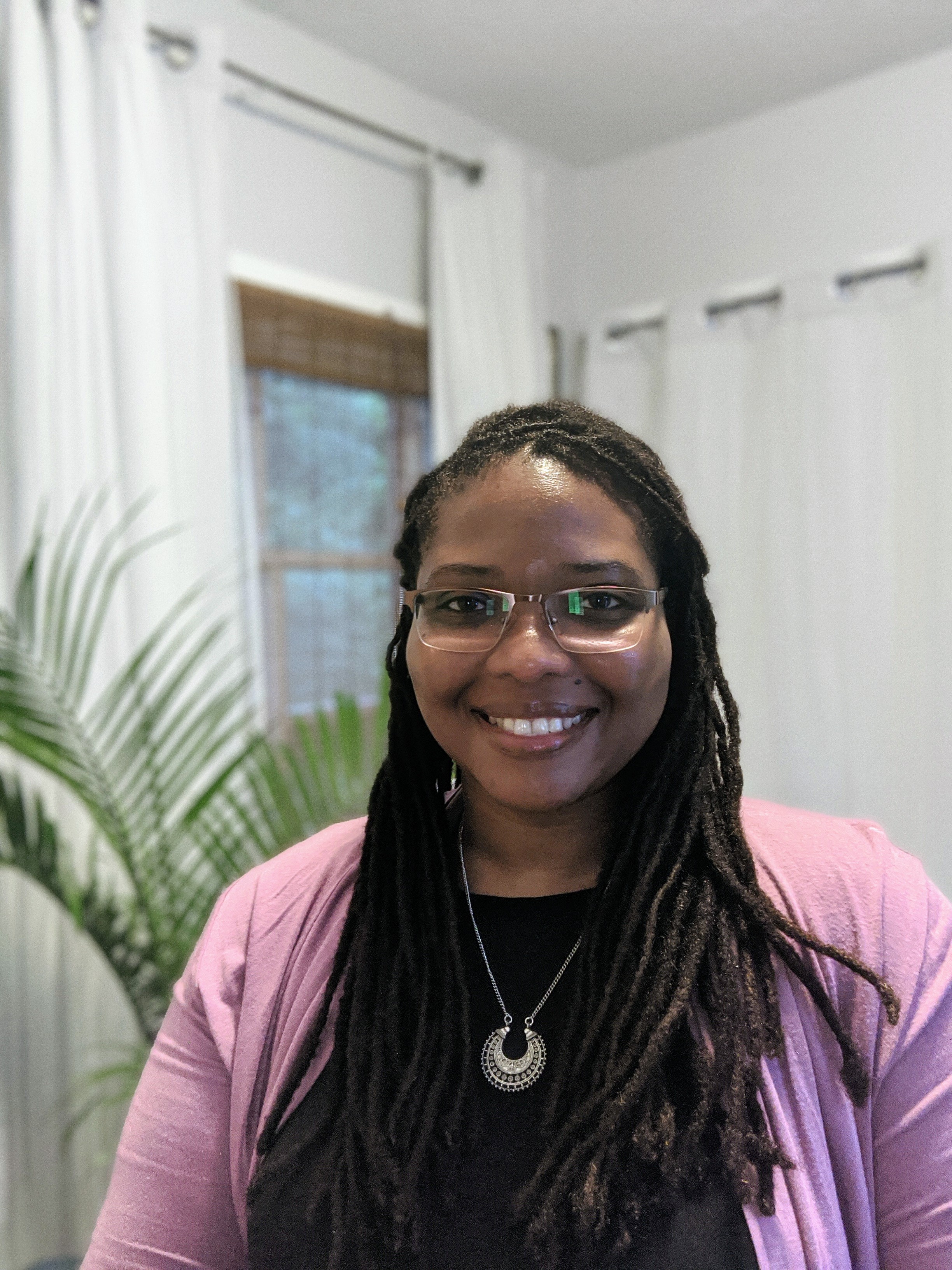
What Constant Exposure To Negative News Is Doing To Our Mental Health
When bad news gets to be too much
The Trauma of Violent News on the Internet
Viewing violent news on social media can cause trauma
- Over-eating or under-eating
- Difficulty falling asleep and/or staying asleep
- Losing sleep over the event
- Dreaming about the event or the victims
- Diminished joy toward things you once enjoyed
- Dealing with intrusive thoughts about the event
- Feelings of hopelessness associated with current events/the world/the media
- Hypersensitivity to emotionally-charged material
- Feeling disconnected from your emotions and/or your body
- Guilt for having more resources or opportunities than those affected by the event
- Feeling like no matter how much you give or help, it will never be enough
- Feeling helpless or hopeless about the future
- Increased levels of anger, irritability, resentment, or cynicism
Small changes, like turning off your breaking news notifications or choosing to read the newspaper rather than watching a 24/7 cable news channel could make a big difference. Also, consider the time of day that you consume the media. Maybe, bedtime is not the best time to catch up on everything you missed that day, if it’s having an effect on your sleep quality. Finally, consider how much is enough. Do you get any more information by watching the same story for hours on end, or reading 20 articles about an event within the first hour it happens? Is this a healthy gathering of information or a compulsive attempt to self-soothe and control? If you find yourself feeling overwhelmed by your feelings, or if they are having an effect on your family or work, it may be time to talk to someone. I recommend working with a trauma-informed therapist to receive the best care.
Terrible things have always happened, and will continue to happen. Technology allows us to have real, to-the-minute, live coverage of every horrible thing–if we choose to. However, the results of this choice can have serious health effects. Please remember, that we can feel empathy and compassion for those affected AND still continue to practice self-care by stepping away, getting fresh air, exercising, laughing, spending time with others–and all the other things that refill our cups. Personal suffering as a type of pseudo-penance for things you did not do, and events you cannot control is not helpful to anyone, especially not to yourSELF or to your loved ones.
Please take CARE of yourselves.
Originally published October 2017
About the Author

Kara Ashley-Gilmore believes in the use of our innate creativity for our wellness and healing. She is a Licensed Clinical Mental Health Counselor, Registered Art Therapist, Somatic Experiencing Practitioner-in-Training, and a mixed-media artist at Mountain Creative Arts Counseling, in Hendersonville, NC. She provides individual and group psychotherapy and with individuals who feel crushed by the weight of their worries, dread their next panic attack, and live with overactive inner critics. Learn more about her work at www.mountaincreativearts.com.
